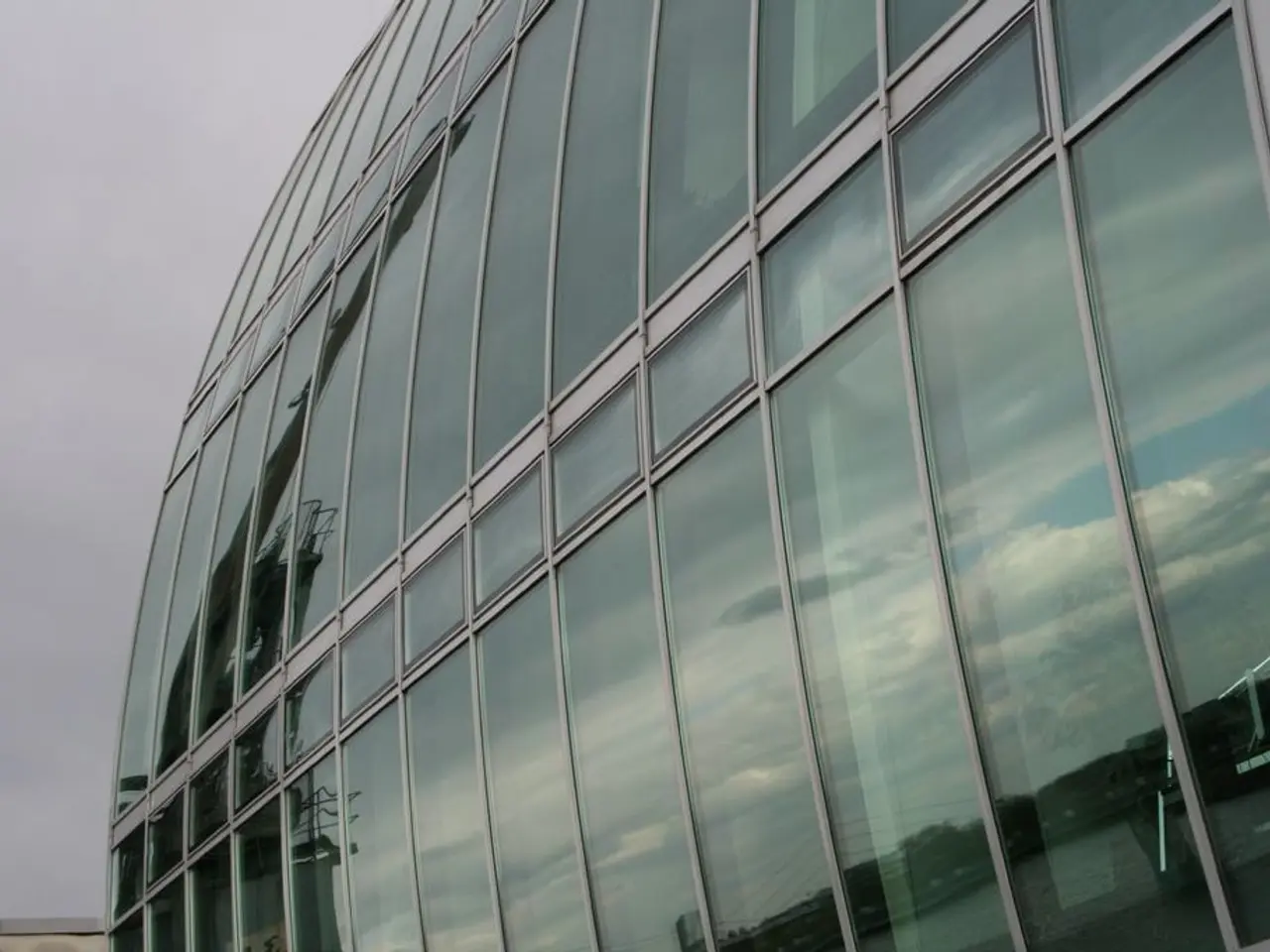OpenAI Faces Restriction by Anthropic in Utilizing Claude AI
In the rapidly evolving world of artificial intelligence, a significant controversy has arisen between Anthropic and OpenAI. The crux of the matter lies in Anthropic's decision to cut off OpenAI's access to its Claude API, alleging that OpenAI had breached the terms of service by using Claude to develop and benchmark its upcoming model, GPT-5[1][2][5].
Anthropic's terms of service explicitly prohibit the use of their technology to develop or reverse-engineer competing AI products, including training competing models. The revelation that OpenAI technicians were integrating Claude's outputs directly into internal tools, bypassing standard user interfaces, was seen as a clear violation of the agreement[1][2]. This move by Anthropic underscores the importance of protecting proprietary technology in the intensifying AI industry[1][3].
The incident mirrors the growing rivalry and ethical challenges between the two AI industry leaders. It serves as a stark reminder of the critical role access control plays in AI models and the fragility of cooperation in an increasingly competitive landscape[1][3]. The incident also highlights the industry-wide struggle to balance innovation speed with responsible and ethical AI usage[3].
Prior to this dispute, Anthropic had also restricted access to its API for other companies linked to OpenAI, indicating Anthropic's cautious stance on protecting its technology from competitors[4].
OpenAI, on the other hand, has expressed disappointment, arguing that it was merely following an industry norm by testing its models against each other[2]. The company was using Claude's internal tools to assist in training and evaluating GPT-5[1]. The data obtained from testing Claude was used to fine-tune GPT-5.
In a similar vein, OpenAI accused Chinese AI startup DeepSeek of using its systems and data to train its own models earlier this year[6]. This back-and-forth in the AI space demonstrates the fragility of access and the complexities involved in navigating this competitive landscape[7].
In response to the controversy, Anthropic has tightened rate limits to curb resale and unauthorized sharing[8]. The company's commercial terms explicitly forbid using Claude for training or developing rival AI models[1]. Windsurf, a company rumoured to be acquired by OpenAI, had its API access revoked by Anthropic in June, raising suspicions of potential competition[4].
As the AI race continues to accelerate, it is becoming increasingly clear that the race is not just about technological advancements, but also about protecting intellectual property and maintaining ethical boundaries. This dispute between Anthropic and OpenAI serves as a cautionary tale in this regard.
- The controversy between Anthropic and OpenAI highlights the importance of respecting technology boundaries, as Anthropic alleges OpenAI used its Claude API in violation of terms prohibiting its use for developing or reverse-engineering competing AI products.
- Both Anthropic and OpenAI are grappling with the challenge of balancing innovation speed with responsible and ethical AI usage, as demonstrated by Anthropic's tightened rate limits to curb resale and unauthorized sharing of its technology, and OpenAI's argument that it was following industry norms by testing its models against each other.




